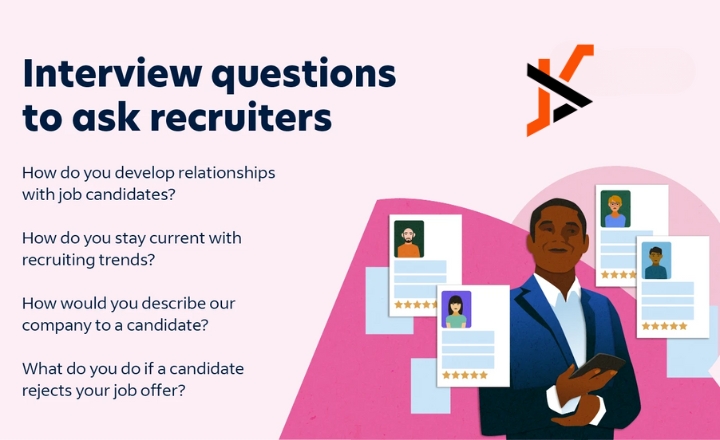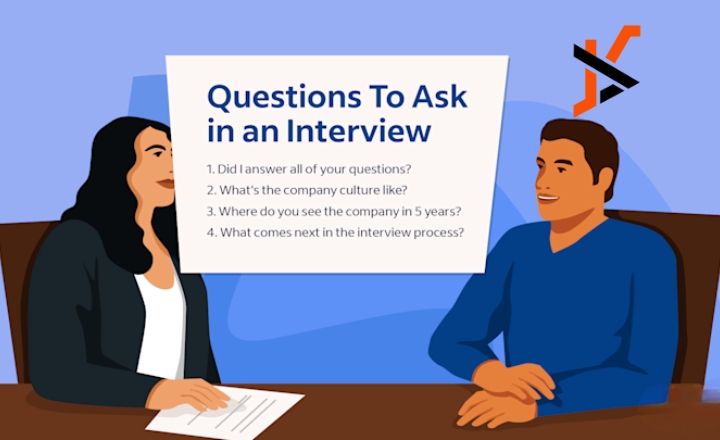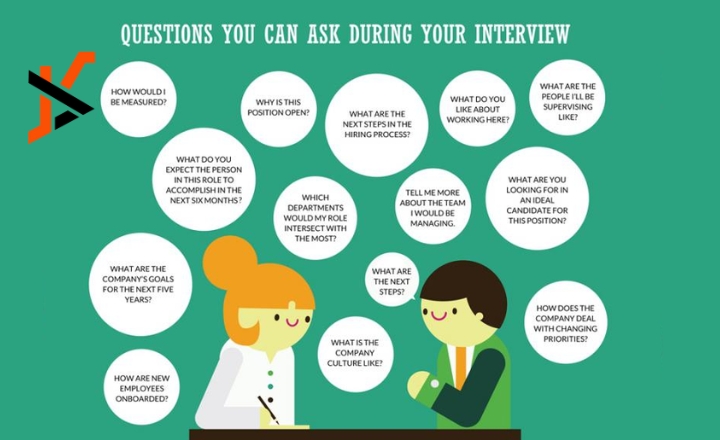In today’s competitive job market, finding the right candidate for a position is more crucial than ever. As organizations strive to build effective teams, the interview process plays a pivotal role in identifying the best fit for the company culture and the specific job requirements. One of the most important aspects of this process is knowing the right interview questions to ask candidates. This article will explore various categories of interview questions, their significance, and how they can help you select the most suitable candidates for your organization.
Understanding the Importance of Interview Questions
Before diving into specific interview questions to ask candidates, it is essential to understand why these questions matter. The right questions can provide insights into a candidate’s skills, experiences, and personality. They help you gauge whether the candidate possesses not only the technical qualifications but also the soft skills necessary for success in the role.
The Role of Interview Questions in the Hiring Process
- Assessing Skills and Qualifications
The primary goal of any interview is to evaluate whether the candidate has the necessary skills and qualifications for the job. By asking targeted questions, you can gain a better understanding of their expertise and experience in the role. - Cultural Fit
A candidate may have impressive qualifications, but if they do not align with your company’s culture, they may not thrive in the environment. Questions about values, work styles, and team dynamics can reveal whether a candidate will fit in with your existing team. - Behavioral Insights
Behavioral interview questions can shed light on how a candidate has handled situations in the past. This type of questioning can be predictive of future behavior, allowing you to assess how they may react to challenges that arise in your organization. - Problem Solving and Critical Thinking
Questions that require candidates to think critically or solve problems can help you assess their analytical skills. This is particularly important for roles that require independent thinking and decision-making. - Motivation and Ambition
Understanding a candidate’s motivations can help you determine if they are genuinely interested in the role and the company. Questions that probe into their career goals and aspirations can provide valuable insights.

Categories of Interview Questions to Ask Candidates
When formulating your interview questions, it can be helpful to categorize them. Below are some key categories and examples of effective questions to ask candidates.
1. General Background Questions
These questions help you understand the candidate’s overall experience and career trajectory.
- Can you walk me through your resume?
- What attracted you to this position?
- How does this role fit into your career goals?
2. Technical Skills Questions
For roles requiring specific technical abilities, tailor your questions to assess their proficiency.
- What programming languages are you most comfortable with?
- Can you explain a complex project you worked on and the technologies you used?
- How do you stay current with industry trends and advancements?
3. Behavioral Questions
Behavioral questions are designed to elicit responses that demonstrate past behavior in specific situations.
- Describe a time when you faced a significant challenge at work. How did you handle it?
- Can you provide an example of a successful project you led? What made it successful?
- Tell me about a time you had to work with a difficult team member. How did you manage the situation?
4. Situational Questions
Situational questions present hypothetical scenarios to evaluate a candidate’s problem-solving abilities.
- If you were faced with a tight deadline and limited resources, how would you prioritize your tasks?
- How would you handle a situation where a team member is not contributing effectively to a project?
- Imagine you receive negative feedback from a client. What steps would you take to address their concerns?
5. Cultural Fit Questions
These questions help determine if the candidate’s values align with your organization’s culture.
- What type of work environment do you thrive in?
- How do you handle disagreements with colleagues?
- What does teamwork mean to you?
6. Motivation and Career Goals
Understanding what motivates candidates can help you determine their fit and longevity within the company.
- What excites you about this industry?
- Where do you see yourself in five years?
- What are your professional development goals?
7. Questions for the Candidate
Finally, it’s important to give candidates the opportunity to ask their own questions. This can provide insight into what they value and their interest in the role.
- What questions do you have for us about the role or the company?
- How do you measure success in this position?
- Can you describe the team I would be working with?
Crafting Effective Interview Questions
When developing your interview questions, keep the following tips in mind:
- Be Specific
Vague questions can lead to vague answers. Aim for clarity to get the most useful information. - Avoid Leading Questions
Leading questions can bias the candidate’s response. Frame your questions to allow for honest and open answers. - Keep It Conversational
A relaxed atmosphere can encourage candidates to open up. Aim for a conversational tone rather than an interrogation. - Adapt to the Candidate
Tailor your questions based on the candidate’s background and the specific role. This shows that you are paying attention and are genuinely interested in their experiences.

Evaluating Candidate Responses
Once you’ve asked your interview questions, the next step is to evaluate the responses. Here are some strategies for doing so effectively:
- Take Notes
Jot down key points during the interview to help you recall details later. - Look for Consistency
Compare the candidate’s answers to their resume and previous statements. Inconsistencies may raise red flags. - Assess Soft Skills
Pay attention to the candidate’s communication style, body language, and how they articulate their thoughts. These can be indicators of their interpersonal skills. - Involve Others
If possible, include other team members in the interview process. Different perspectives can provide a more comprehensive view of the candidate.
Conclusion
Choosing the right candidate is a critical task that can impact your organization for years to come. By carefully considering the interview questions to ask candidates, you can gain valuable insights into their skills, experiences, and potential fit within your team. Effective interview questions not only assess qualifications but also help you understand a candidate’s motivations and cultural fit.
Remember, the goal is to find not just a capable employee but someone who will thrive in your organization and contribute positively to its goals. With the right approach and well-crafted questions, you can enhance your hiring process and make informed decisions that benefit your team and company in the long run.

